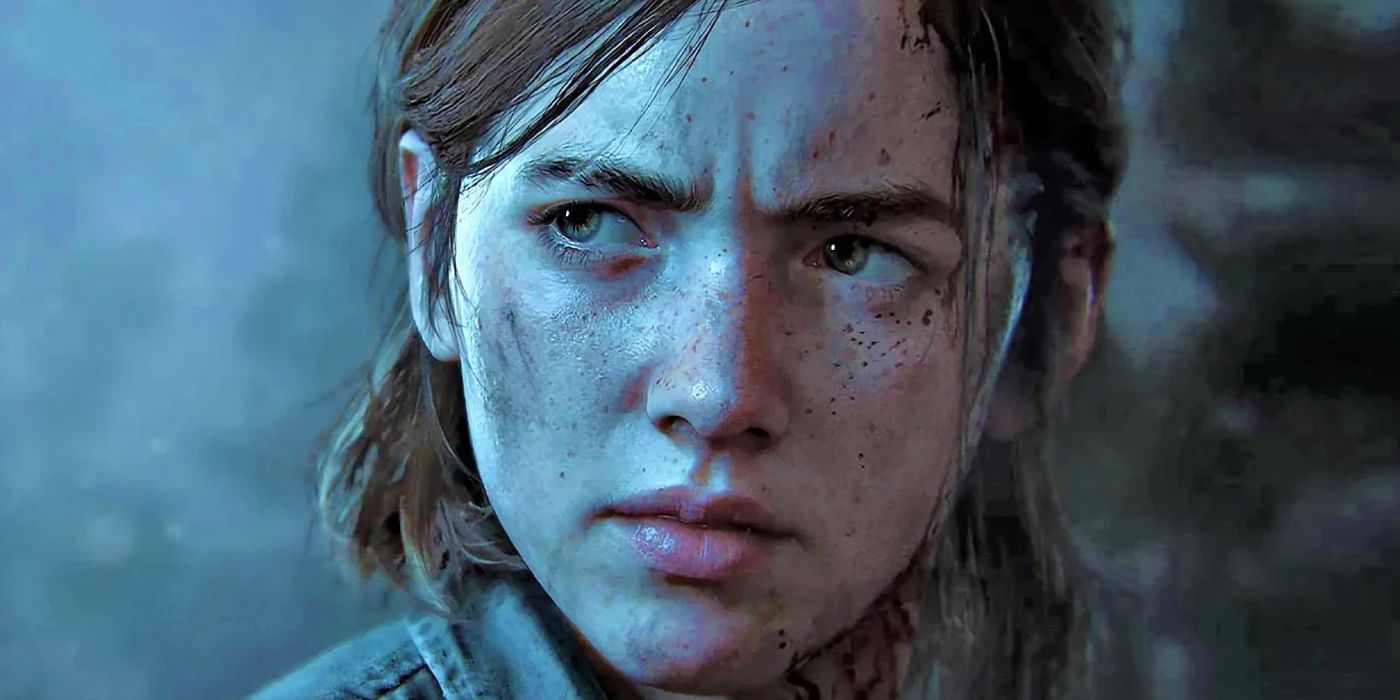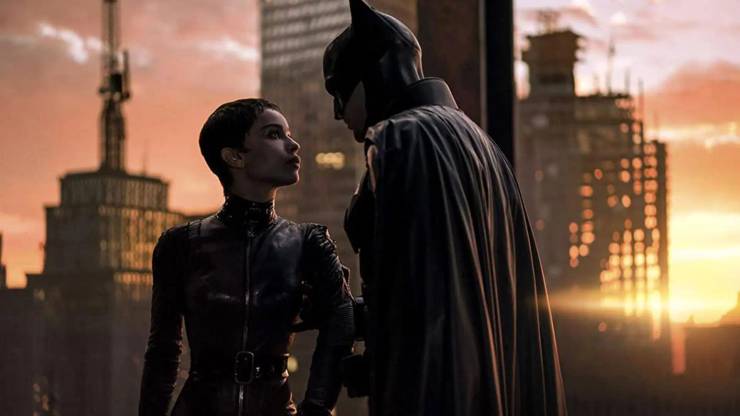Out of all the mainstream mediums of media, games take the longest to develop. There are a few outliers to that fact – the whole point of game jams is to make games in a timeframe which can be as small as a few hours, while The Man Who Killed Don Quixote took Terry Gilliam 39 years to make – but for the most part, games take the longest. Most movies are shot in under 100 days (many in significantly shorter time frames), clocking in at under a year to make when you add in pre- and post- production, while most television seasons are expected to hit the same window year on year. Most bands or singers release an album every couple of years (though music is typically more eclectic in its rhythm than visual media). At the extreme end of the scale, Twitch streamers and other online content creators broadcast live for hours on end, several days a week. It's a very immediate form of media. Video games take north of three years at a triple-A level in many cases, and I have to wonder if that damages their power as an artform.
There are games that, like television shows, roll around once per year for their regularly scheduled release window. These are mostly sports and shooter games, and while the debate about whether video games are really art is tiresome at this point, it's not FIFA 22 we point to when we consider these things. We point to Red Dead Redemption 2 (on which development started eight years before launch), The Last of Us Part 2 (six years), God of War (five years), and Breath of the Wild (five years). Elden Ring, the current front runner for Game of the Year – a pathway that seems to be unopposed after Breath of the Wild 2, which has been in development for five years, delayed its launch an extra few months – was in development for (you guessed it) five years.
There is some context to be provided in a lot of these cases, but that's not really the point. It's not an inherent criticism that games take a long time to make, and I know several of the games above were developed, at least in part, alongside other games in the studio. Of course, that's also the same for movies and TV shows, while music artists tour to make money alongside their albums, but again, the excuses don't really matter. The point is because games take too long to make, they struggle to be relevant enough to have anything to say.
One of the most valuable things art can do is reflect our time, but games know that they cannot do this – by the time they are ready to show us our reflection, the clocks have changed. There have been some rumours that GTA 6 was taking so long because it was impossible to successfully parody Trump's America, but we have not been in Trump's America for over a year now. We might not be in Biden's by the time GTA 6 rolls around. Of course, some broader issues in society that led to Trump's election, as well as problems in America created and exacerbated by Trump, still exist, but a pandemic and an election later, it is a very different thing to try to parody.
The pandemic, the biggest cause of cultural shift in our lifetimes, is particularly interesting. To my knowledge, the only mainstream game that has referenced the pandemic at all is Tony Hawk's Pro Skater 1+2, which did so via a background Easter Egg rather than any meaningful. That's not the only benchmark – nobody in, say, The Batman wears masks, with the exception of Batman and Riddler, who do so for non-pandemic reasons. Many pieces of art see themselves as escapism, or want to be timeless, and therefore have leaned away from the pandemic, but video games didn't even have a chance.
The pandemic also introduces an anecdote which highlights the vast differences between games and film, the medium our own most wants to ape. When Tia West and the cast flew over to New Zealand last year to shoot X, they had to self-isolate in hotel quarantine for two weeks. During that time, West wrote a prequel for the movie, Pearl, and asked Mia Goth to remain in New Zealand for an extra month or so to shoot it. X arrived in cinemas last month, and Pearl will be there before 2022 is out. X and Pearl are A24 movies and Goth is a star on the rise, with leading roles in Emma, High Life, and Suspiria to her name – it's not a billion dollar MCU movie, but it's not small fry. In gaming terms, we might call it a prestige double-A game, and while sitting in a hotel room waiting to make the first one, a plan was hatched to make the second there and then. Add an extra six weeks onto the schedule, and return home with not one, but two movies. Given X has a healthy 79 on Metacritic (and is my personal favourite movie of the year so far), it's clear this approach did not damage the final product.
As for The Batman, while it doesn't reference the pandemic, it does explore incel culture, 4chan (not named, but heavily implied), and creates a very modern, grounded, terrifying villain with the ability to motivate a disillusioned society. Scream and The Matrix Resurrections also played with meta expectations and addressed sections of their audience directly, with a relevance and immediacy that games are simply incapable of.
I don't see a way to fix this. Games will keep getting bigger bigger bigger, and even as journalists lament the longer games and stagnant (or even shrinking) lead times for reviews, data suggests players like bigger games – or at least play them for longer and spend more money in them. Most popular art exists with profit in mind at some level, but with gaming the constant chasing of the buck means even as stories get deeper and more developed, they will never have the power to make statements about the world in which they exist, because all of the decisions on what those statements should be will be decisions made for an outdated world by the time the game is in our hands. Games are art, and have been art for a while, but they can never be powerful, reactive art for as long as they take five years to make.
Source: Read Full Article


